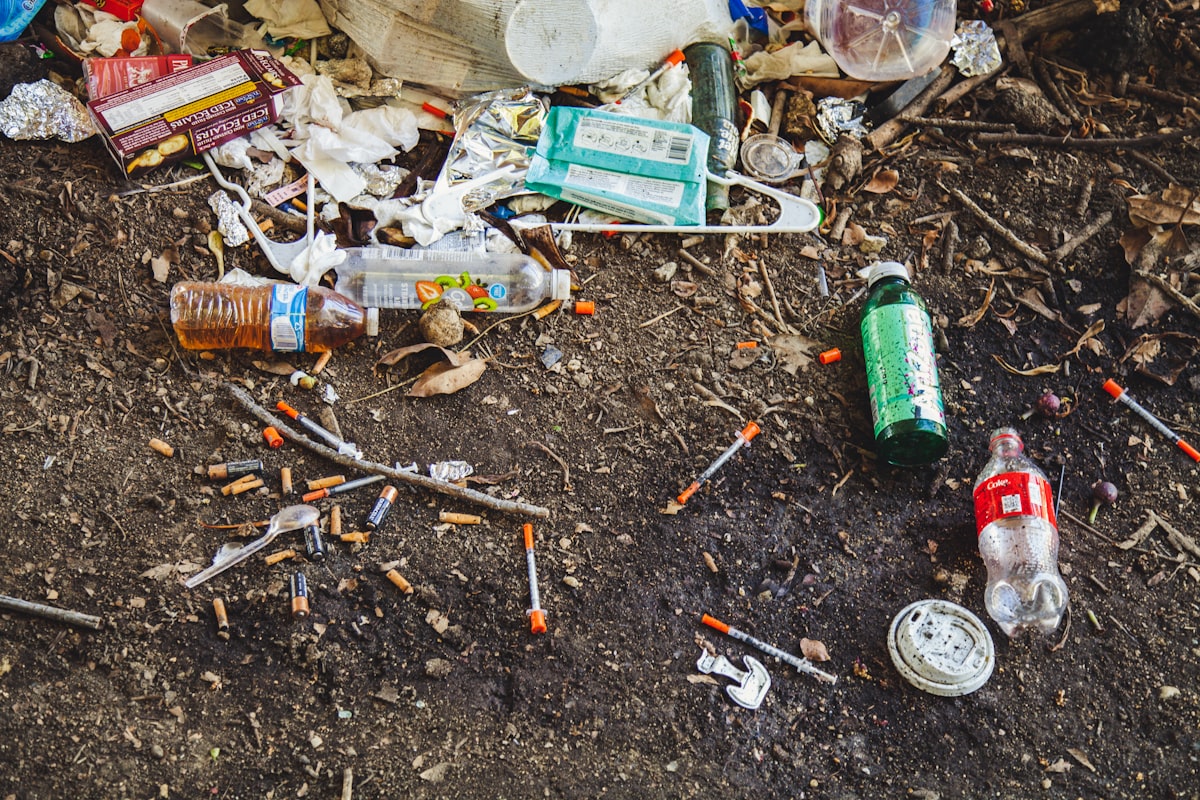Quick Thoughts: Failed Drug War

The drug war in America has been an utter failure. Obscenely expensive – in 2014 alone the White House allocated over $26 billion – this war on American citizens has decimated communities and destroyed countless lives. The Federal government’s pipe-dream of a drug-free America has turned out to be exactly that: a dream believable only by someone smoking a pipe containing something particularly potent. Justifications for this war are the same today as they were at its initiation: drugs ruin lives, addiction is the result of either a moral failing or a chemical imbalance, and addicts must be punished until they learn the error of their ways. This perspective displays a fundamental misunderstanding of the circumstances surrounding addiction, and until it is corrected, the issues stemming from drug abuse will continue.
For over four decades, endless rhetoric from both sides of the political aisle has supported aggressive tactics aimed at incarcerating drug users in order to prevent the issue from spreading. Yet spread it has; addiction rates have remained stable despite vicious enforcement, and drugs themselves have become cheaper and more readily available. Addicts are released from overcrowded jails and prisons only to find themselves in the exact situation they were in prior to being arrested: marginalized from the rest of society, with few avenues from which to seek help. Therein lies the issue no one seems to want to address: marginalization.
Ask any addict in the street about the causes of their addiction and you will likely hear recurring themes underlying each story: lives filled with pain, depression, and loneliness. Turning to drugs to momentarily numb the pain, these issues become exacerbated as their happiness gradually becomes reliant on substances. Drug laws? What drug laws? As comedian Russell Brand has stated so bluntly, “no self-respecting drug addict is even remotely deterred by prohibition.” It may seem irrational to ignore the extreme consequences associated with their behavior, but that is exactly the point: a depressed, lonely mind is unlikely to behave rationally. When this mental state is combined with the physical or psychological effects of withdrawal from the drug itself, it is little wonder why these individuals continue to compulsively consume their poison of choice.
‘Bullshit! These people just need to have more self-control!’ critics on the right might exclaim. ‘They can’t, they have an incurable disease!’ comes the response from the left. There is a kernel of truth to each of these views: addictive drugs, by their very mechanism of action in the brain, decrease an addict’s capacity for controlling compulsive behavior. Once those neural pathways are created and repeatedly activated, a semi-permanent change has occurred in the brain, effectively rendering it damaged, or ‘diseased.’ Unfortunately, neither perspective uncovers the root of the problem nor offers any new suggestions regarding policy aimed at solving it.
Evidence from empirical studies conducted with mice suggest that given an environment full of activities, socializing, and purpose, drugs of abuse will be overwhelmingly ignored. There is no reason to seek hedonistic pleasure from a substance when life offers so many opportunities for happiness. However, similar studies that intentionally deprive the mice of fulfilling activities show quite a different result; isolated from others and lacking outlets for entertainment and purpose, a mouse will press a drug-delivering lever until it literally drops dead. Although there are human examples with similar findings, stating them here would practically be redundant; the obvious conclusion drawn from examining these studies is that the environment one inhabits strongly influences behavior in regards to addictive substances.
The implications for American drug policy should be just as obvious. Legal consequences that further isolate marginalized citizens from society, branding incarcerated addicts as felons for life and severely limiting their ability to successfully reintegrate, will not solve the problem. If the circumstances of one’s life have led to a hedonistic pursuit of drug-induced pleasure due to a lack of opportunities for other happiness, continuing to limit those opportunities will only make the problem worse. As Johann Hari puts it, “if in fact the driver [of addiction] is isolation, pain and distress, then a policy that’s based on inflicting more isolation, pain and distress on addicts is obviously a bad idea.” American drug policy should aim to deliver its marginalized citizens from isolation and pain, but that can only be achieved once we understand that to be the problem in the first place.
